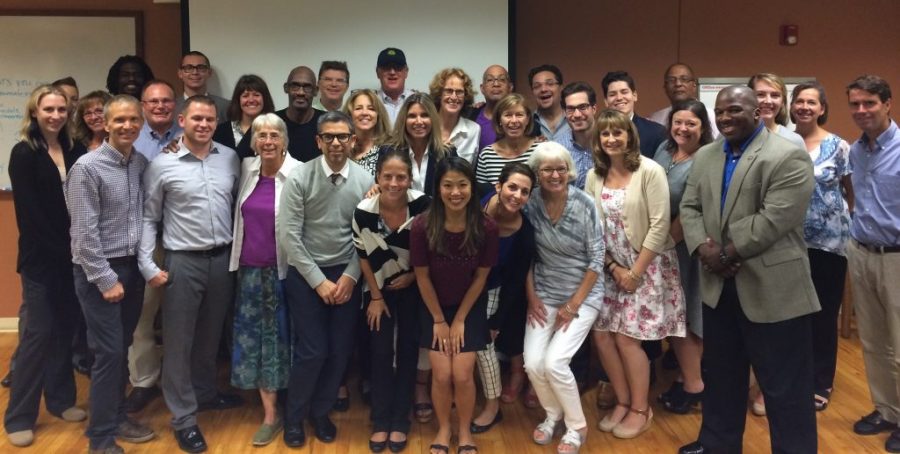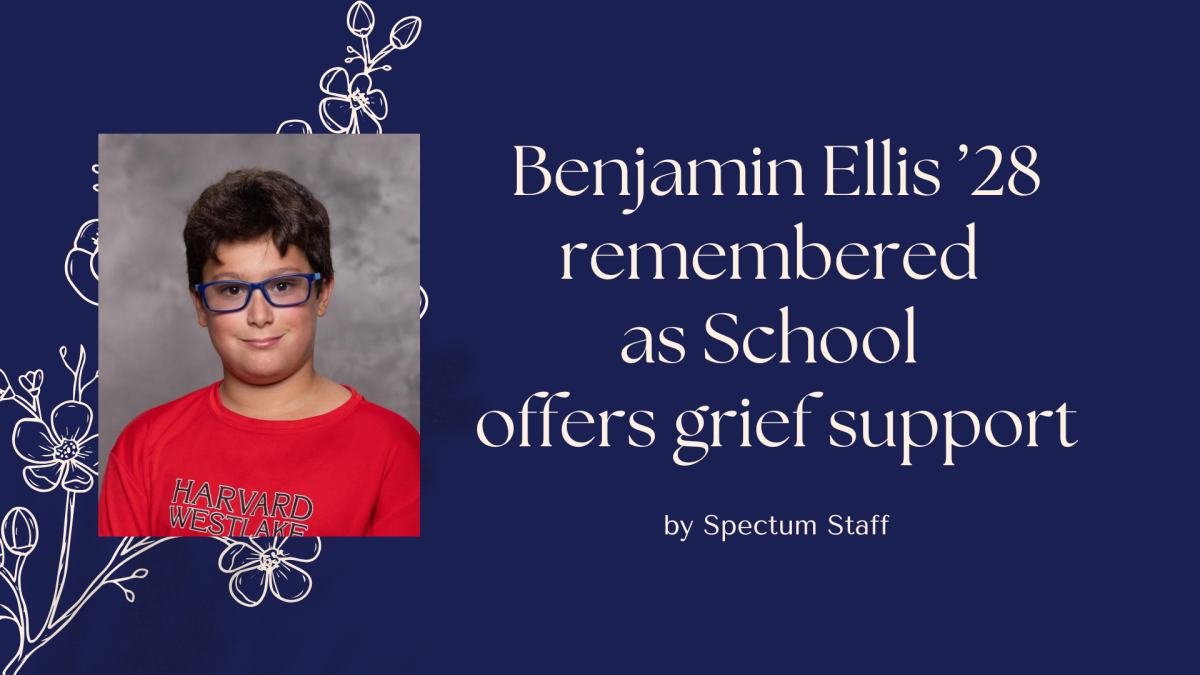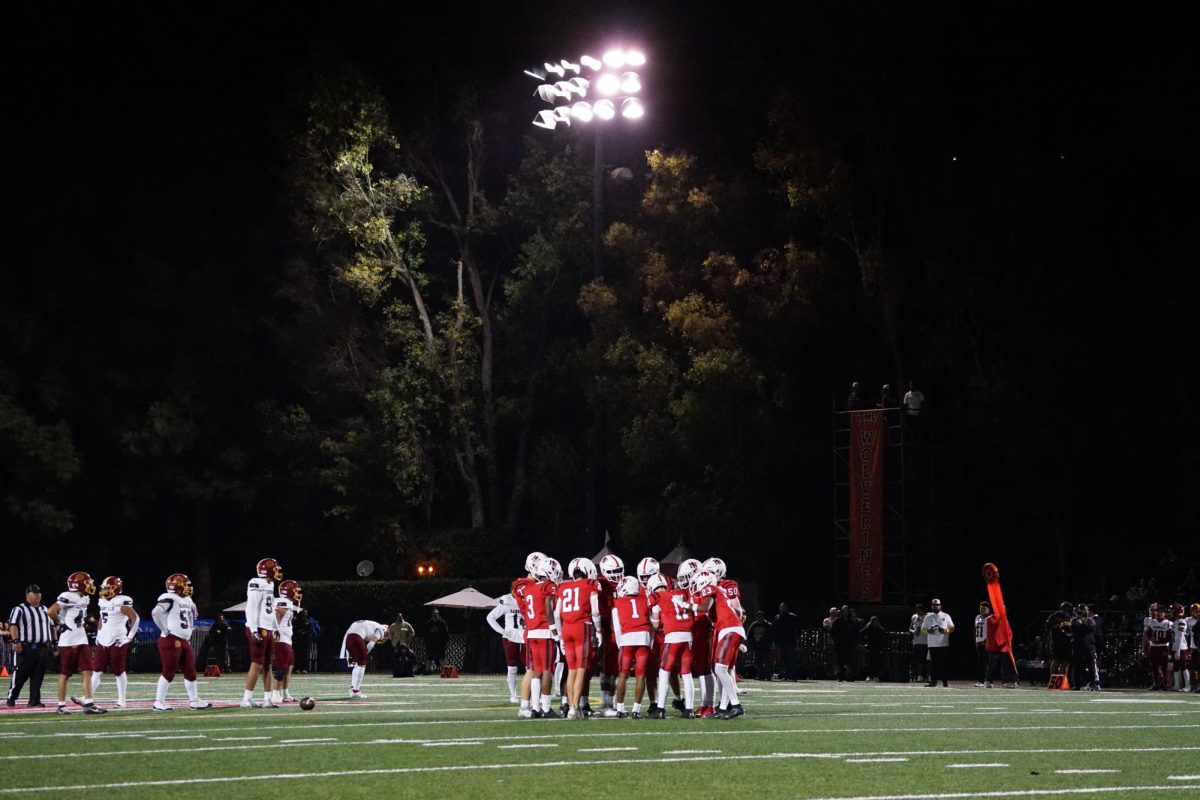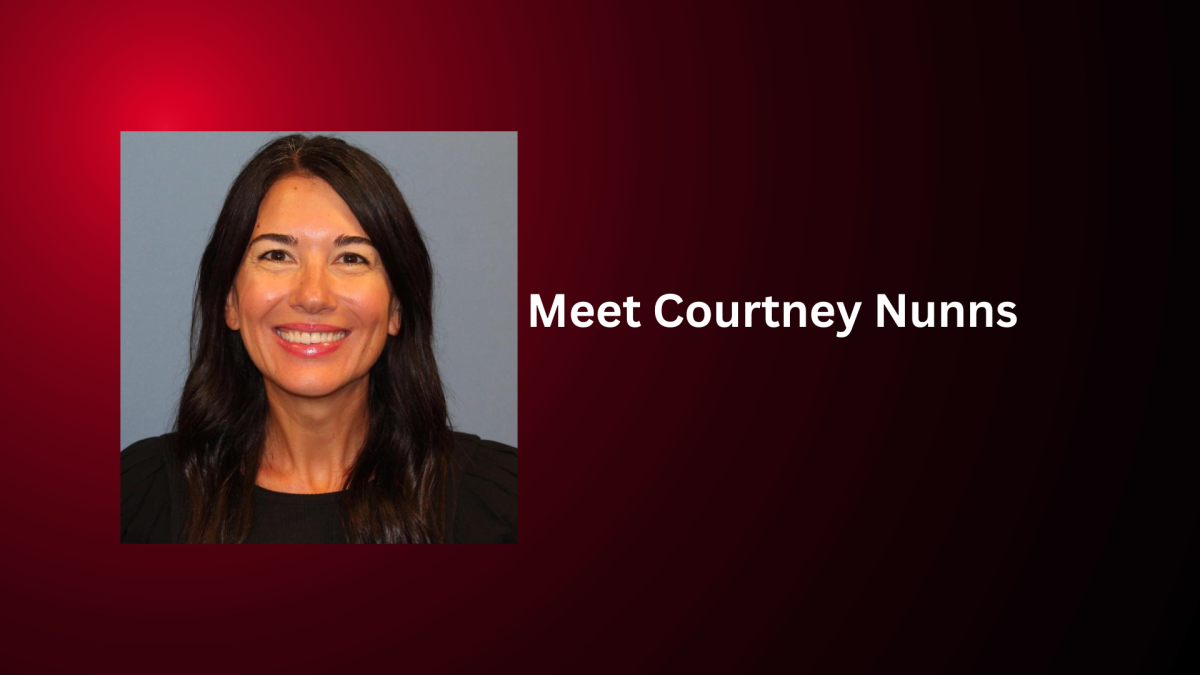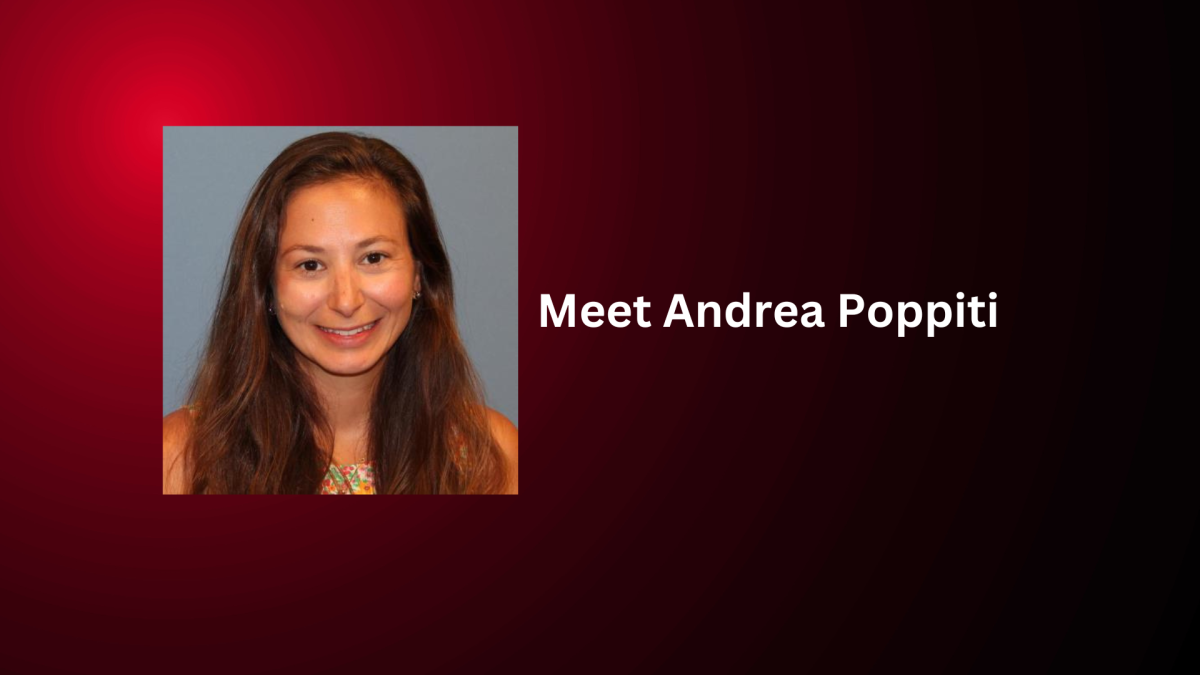Harvard-Westlake (HW) welcomed educators from the organization Freedom from Chemical Dependency (FCD) during the week of November 11-15. All ninth-grade students were required to participate in FCD for the four days the educators are on campus. FCD teachers engage with students during their English or Biology class periods, sharing statistics, slideshows, and data relating to HW itself.
Data about peer pressure gathered from a survey taken by each grade level at HW last year was provided in FCD classes. 88% of HW students feel that students who don’t interact with substances are respected. However, 22% of HW students believe their peers believe people who engage with substances are respected.
FCD’s program is unique because each FCD educator spent many years struggling with substance abuse themselves and most decide to share their personal stories with the different groups they teach.
“I feel perfectly comfortable telling my story and I like telling my story because I hope that there’s something in my story that a student will hear and I’m hoping that it may make a difference” FCD educator George Brown said.
Many students agree with Brown that hearing personal stories deepens education.
“[My educator’s] life story was really hard to hear about how she got into substance abuse, but I think it is important and it’s going to better our education,” Daphne Davies ‘23 said.
Educator’s stories can also play a role in informing students about the effects of drugs.
“I’m really really fortunate in that this horrible thing that happened in my life, you know, me ruining my life and losing a lot of opportunities I’ve been able to turn that around and use it for a good purpose” Brown said.
Aside from stories, FCD educators share information about vaping and e-cigarettes, cigarettes, marijuana and alcohol. The current vaping epidemic has been a frequent discussion topic for many FCD groups due to the growing impact e-cigarettes are making on the lives of young adults. Health repercussions, chemicals found inside of E-cigarettes, and marketing strategies for companies like Juul that specifically target high school students were topics of discussion.
Despite the large amount of information and personal accounts provided in FCD classes, certain students feel that FCD has no impact.
“I think it’s a little bit of a waste of time for students who think they’ll never do drugs. I see the point of it trying to convince students on the verge to not do drugs but I think there are more important things [students] could be doing” Chiara Neirick ‘23 said.
Not only do students feel their time would be better spent studying than at FCD, some students feel that FCD doesn’t create a space safe enough for students to share their thoughts
“No one is going to actually be honest with their FCD person if they have done drugs or not. For the people who have done drugs it’s not effective, but for the students who haven’t, it does make an impact.” Spectrum Staffer Kara Yoon ‘23 said.
FCD focuses on educating high schoolers about the effects drugs and alcohol can have on the lives of teenagers, but their goal is not to lecture students or specifically target students who actively use drugs and/or alcohol. Instead, FCD focuses on providing providing high school students (especially those on the fence about engaging with substances) with details about substances so they are able to make their own informed decisions about substance usage.
